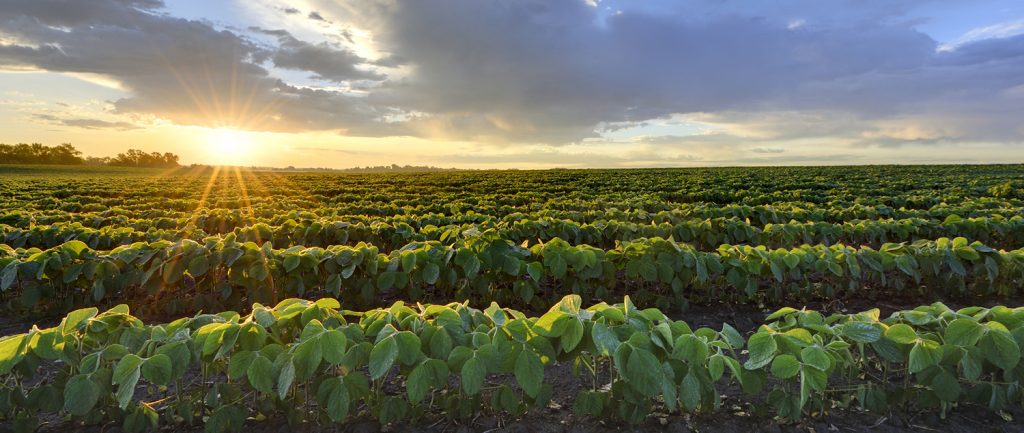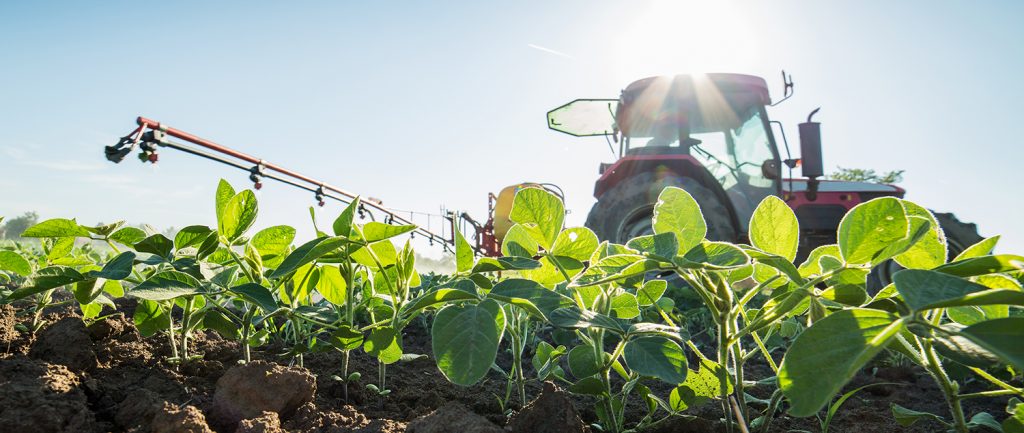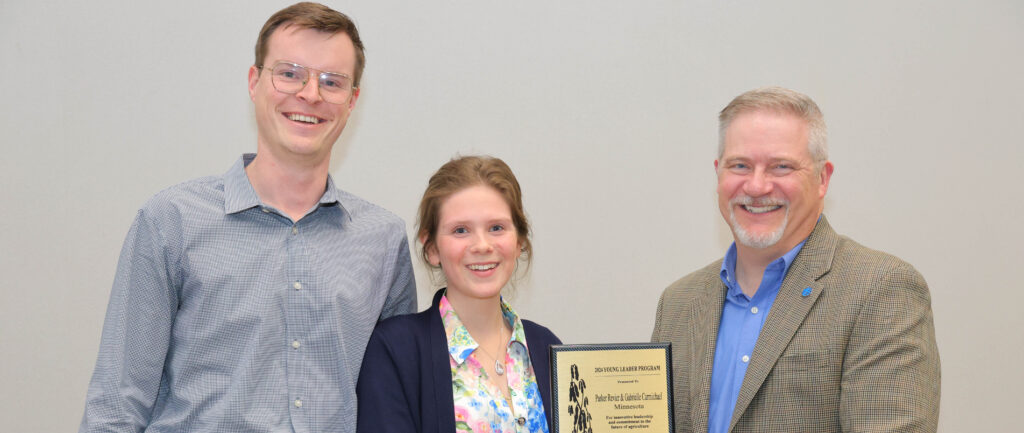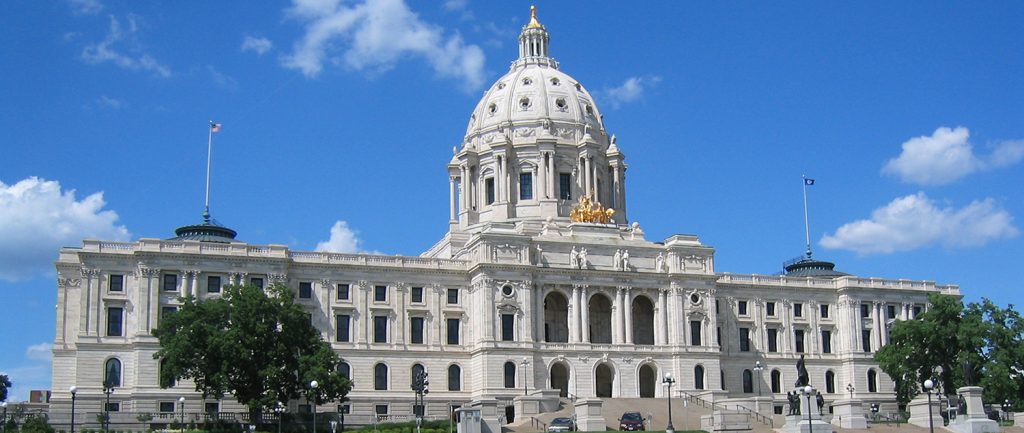In 2019, Minnesota holds the distinction of being the lone state in the Union with a divided legislature.
As such, in a foreshadow of likely contentious budget negotiations, both the House and Senate chambers have divergent agendas on funding the state’s roads and bridges. Democrats are floating a fuel tax increase while Republican leaders are proposing shifting funds to fund infrastructure upgrades.
As part of Gov. Tim Walz’s budget proposal, the state’s fuel tax would jump 20 cents, from a 28.5-cents-per-gallon to 48.5 cents-per-gallon. Factoring in inflation, the tax would increase an additional 1.3 cents-per-gallon each year. Democrats are also proposing an increase in vehicle tabs fees for newer cars, but also a reduction in tab fees for vehicles 11 years old and older.
The fuel tax, which is also included in the House’s $7.28 billion transportation bill, would be spent on infrastructure projects, including repairing and improving roads, bridges and transit across Minnesota. The plan would also increase sales tax in the Metro area. The House’s proposal would raise the fuel tax five cents-per-year over four years; Walz’s plan would raise the 20 cents over a two-year period.
“Minnesotans have had enough of our crumbling infrastructure. It’s time to take real action,” says House Speaker Melissa Hortman (D-Brooklyn Park).
Senate Republicans on the transportation committee criticized the proposal, saying the 20 cent tax increase would make Minnesota’s fuel tax one of the highest in the nation. Instead, they have favored plans, like SF10 sponsored by Sen. Scott Newman (R-Hutchinson), which would move funds from other areas of the state budget to boost road and bridge investment without tax increases. DFLers have said the GOP approach is irresponsible and would take General Fund dollars from other programs that benefit schools, seniors and health care.
“This is the wrong way to go,” said Sen. Jason Rarick (R-Pine City). “The jobs will be there if we fund transportation; it doesn’t have to be a gas tax.”
Democrats say the fuel tax hike is necessary to funding long-neglected infrastructure projects that have put Minnesota behind other states. With the population of the Metro area expected to increase by an estimated 720,000, Democrats say it’s imperative the state begin investing in improving infrastructure.
“We’re not keeping up,” said Rep. Frank Hornstein (D-Minneapolis), chairman of the House Transportation Committee. “This is a 50-year old infrastructure. So unless we see a major investment, we’re going to continue to see what we saw on I-94: a pavement failure,” he said in reference to 14 motors struck with flat tires on a section of the interstate in Minneapolis.
The Minnesota Soybean Growers Association (MSGA), a non-partisan organization, has a resolution supporting a “reasonable” fuel tax dedicated to funding for roads and bridges.
“There’s bipartisan agreement that Minnesota’s infrastructure is in dire need of upgrading, so we urge both parties to compromise on the proposed increase in the fuel tax,” says MSGA Vice President Jamie Beyer.







